The International Olympic Committee (IOC) has recently stated that there are no extreme violations, such as forced labor, by suppliers of apparel for the Beijing Winter Olympics, including Hengyuanxiang and Anta, the two brands that have allegedly profited from human rights abuses in Xinjiang.
Responding to questioning from a U.S. Congressman, the IOC stated on Jan. 19 that it had conducted a due diligence investigation of Beijing Winter Olympics suppliers, including the Hengyuanxiang Group and Anta Sports, and found no extreme violations of the IOC Supplier Code, including coercion, debt repudiation, contractual, or child labor.
The statement quoted the two companies’ explaining that, “Hengyuanxiang claims that the cotton used in its products does not come from China, while Anta claims that it uses recyclable materials and does not contain cotton,” but did not provide any proof.
Hengyuanxiang and Anta were appointed by the IOC as apparel suppliers for the Tokyo Summer Olympics and the Beijing Winter Olympics. Concerned about the Chinese companies’ apparel products, three members of the U.S. Congress sent a letter to the IOC on Jan. 12, asking it to ensure that the uniforms for the Beijing Winter Olympics are not related to forced labor concerns and stating that they do not want Olympic Committee members or athletes to wear garments made by forced labor.
The three legislators, all members of the U.S. Congressional-Executive Committee on China (CECC), asked IOC President Thomas Bach to certify that the IOC’s contracts with Anta and Hengyuanxiang, which use cotton from Xinjiang, were justified.
The letter cites a bill signed by U.S. President Joe Biden in December 2021, the Uyghur Forced Labor Prevention Act, which bans all products from the Xinjiang region unless there is proof that they were not produced by forced labor.
Xinjiang is the largest cotton-producing region in China, and according to the Chinese Communist Party’s National Bureau of Statistics, it accounted for 87.3 percent of China’s total cotton production in 2020.
Public information shows that Anta and Hengyuanxiang have been using Xinjiang cotton in their manufacturing. For example, many of Hengyuanxiang’s products are publicly advertised as containing Xinjiang cotton on e-commerce platforms such as Taobao, JD.com, and Suning. In addition, Hengyuanxiang’s official website shows that the company has a factory in Xinjiang.
Anta, on the other hand, announced in March 2021 that it was leaving the international cotton watchdog, the Better Cotton Initiative (BCI), and publicly stated that “we have always sourced and used Chinese cotton, including Xinjiang cotton, and will continue to do so in the future.”
In October 2020, following an independent investigation, the BCI decided to stop sourcing cotton from Xinjiang due to ongoing allegations of forced labor and other human rights abuses in the region, where up to 1.8 million Uyghurs and other ethnic minorities have been imprisoned in what has been described as the largest internment camp since World War II.
BCI’s decision was met with strong retaliation from the Chinese Communist Party. In March 2021, the Chinese Communist Party mobilized state-run media to encourage public criticism of BCI’s actions and boycott international brands such as H&M and Nike that had followed BCI’s recommendation to stop using Xinjiang cotton.
The Chinese Communist authorities have been strongly condemned by the international community for the mass imprisonment of Uyghurs in Xinjiang, with countries such as the United States, Australia, Canada, the United Kingdom, and Japan launching a diplomatic boycott of the Beijing Winter Olympics.
The IOC has remained silent on the issue of human rights in Xinjiang.
Japanese commentators Takamine Hajime and Yang Guiyuan told The Epoch Times that there is reason to suspect that the IOC has been bribed by the Chinese Communist Party (CCP) and that bribery is a tactic commonly used by the CCP.
Takamine Hajime said that the outside world could ask the IOC to provide evidence that suppliers are not using cotton from Xinjiang, or otherwise it’s just like Peng Shuai’s phone call with Olympic Committee President Bach that was used as concrete evidence to convince the public that she had complete freedom.
“Of course, one other possibility cannot be ruled out. Even if the IOC were to give evidence, it would probably come from the Chinese Communist Party, which is also not credible, because the Chinese Communist Party is founded by liars,” he said.
Yang Guiyuan told The Epoch Times: “Analyzing the IOC’s attitude towards the CCP would seem rather strange to those who are rational, they may question whether the IOC has been bribed by the CCP, and that the Olympic Games have gradually deviated from the principle of fair competition in sports.”
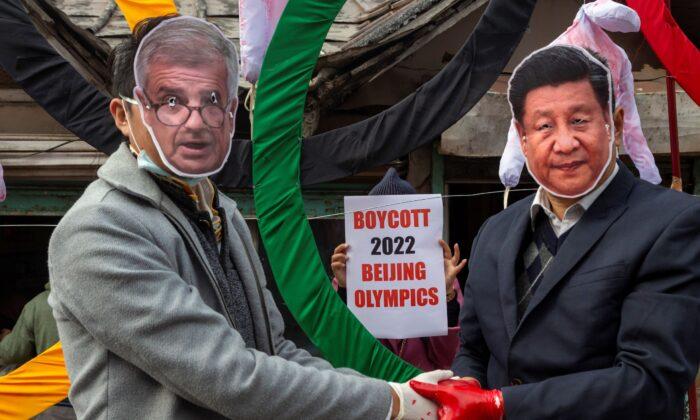
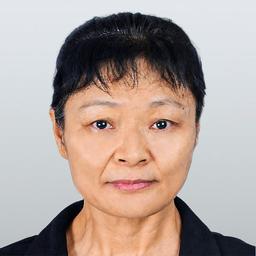

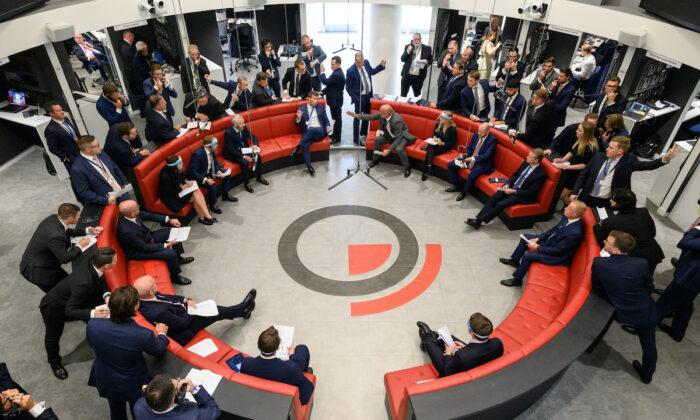
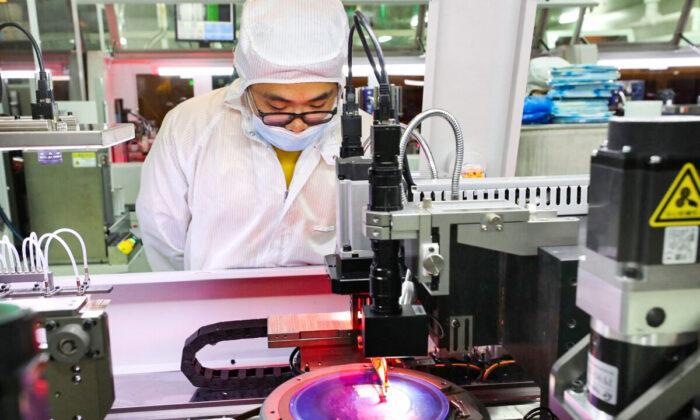
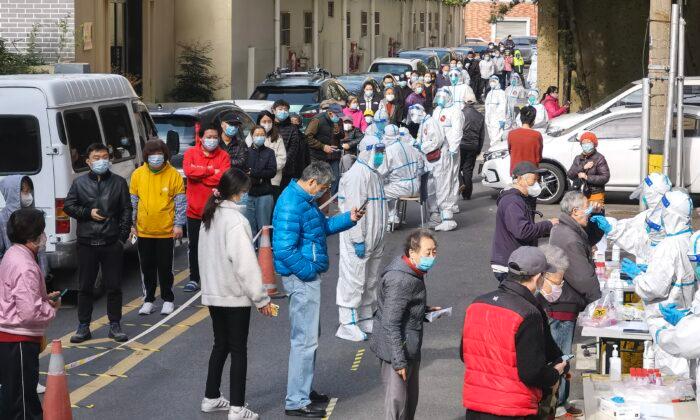
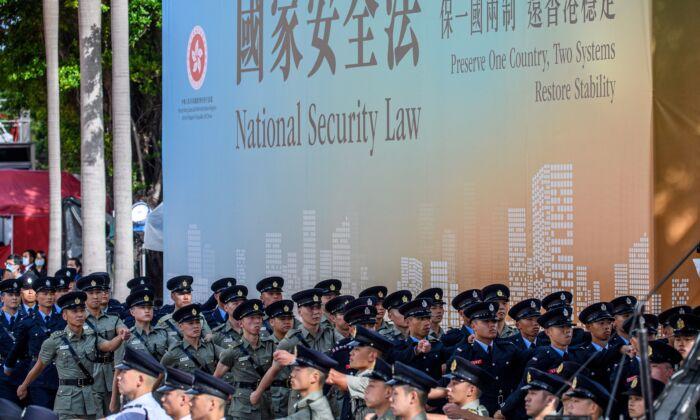
Friends Read Free